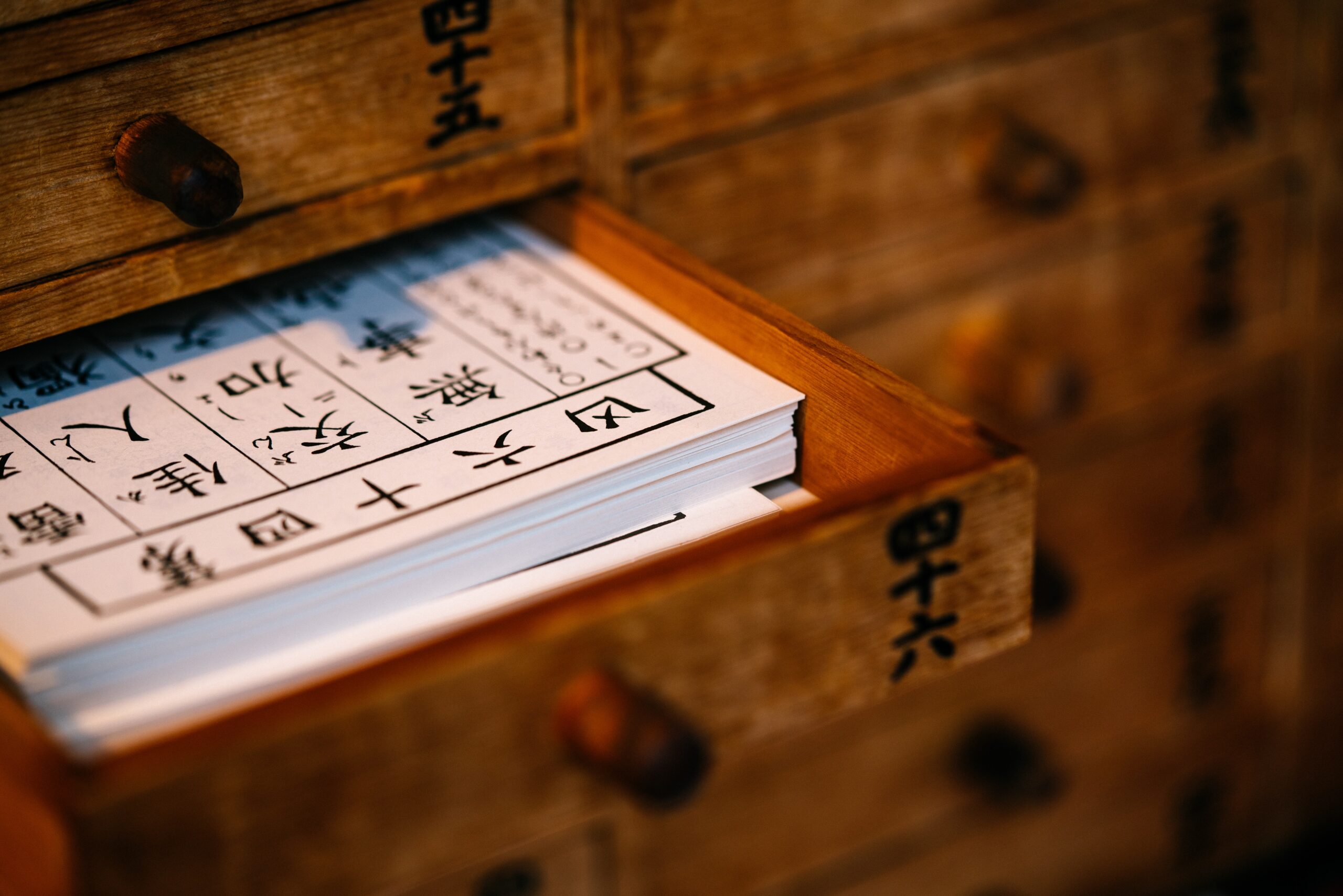What Is Inflammation and How Can We Treat It With Chinese Medicine?
Inflammation is our body’s normal healing process in action. When we cut ourselves or catch a cold for example, the redness, heat and swelling that follows is triggered by the immune system to signal the start of repair mode. When inflammation sticks around even after the threat is gone, issues can emerge, and the immune troops stay stationed at the site, keeping the area inflamed. This chronic inflammation silently damages tissue and has alarmingly been linked as a possible root cause behind cancer, dementia, autoimmune conditions, diabetes, heart disease, allergies, skin conditions and fibromyalgia to name a few.
Chinese medicine has combatted inflammation-fueled illnesses for thousands of years.
Techniques like acupuncture and cupping tap into a network of energy channels that flow throughout the body to help restore function and balance between the organs, tissues and fluids. Studies suggest pressure or acupuncture needles at diagnosed key points along these channels works like a natural cellular chill pill – switching nervous system signals from panic to calm and reducing inflammatory hormones like cortisol and adrenalin.
Traditional herbal formulas used in Chinese medicine also contain potent anti-inflammatory compounds to douse the fires of chronic inflammation. Ingredients like turmeric, ginger, green tea and red clover have an array of science-backed inflammation-reducing abilities to aid healing.
Treatment of slowly accumulated irritated immune responses requires dedicated patience and conscious daily effort, but adopting elements of a traditional Chinese medicine toolkit alongside healthy habits empowers our bodies to find renewed balance, recovery and peace. With gentle guidance, our overeager inflammation patrols can, at long last, rest easy.
While receiving acupuncture treatments, following these tips at home can support healing:
- Stay hydrated. Drinking plenty of water ensures cellular functions can occur optimally.
- Follow any dietary guidance provided. When inflammation is high, eliminating gluten, dairy, sugar, and processed foods may be recommended. Adhering to these suggestions when possible can accelerate healing. Discuss any uncertainties with your Chinese medicine practitioner.
- Lower stress. Stress boosts inflammation. Take walks, practice deep breathing and meditation, enjoy music, or explore creative outlets like painting or baking to relax. Seek counselling as needed to navigate personal, social or work stressors.
- Utilize suggested supplements, herbs or teas. Ask about options to address inflammation or anxiety. Multiple techniques and products can facilitate feeling better.
- Limit alcohol, as it largely contributes to inflammation.
- Quit smoking, which fuels chronic inflammation.
- Exercise and movement immediately decreases inflammation. Keeping weight in check also helps diminish it long-term. Reach out for support in meeting fitness and wellness goals.
Closely following these tips between acupuncture sessions can optimise treatment efficiency. By working together to reduce inflammation and support well-being, healing can be attained.
Book a session with Nicola or one of our Chinese Medicine Practitioners to receive support in addressing inflammation.
Nicola Loizou
BTCM (SITCM), DipCCM, Adv.Cert.InternalMedAcu (China), CMBA, ANTA
From a young age Nicola has had an interest in how plant medicine and massage worked to heal the body and would spend her spare time reading about anatomy and herbal medicine. Nicola enjoys general practice and has had specialised training in gynaecology and fertility, complex chronic and autoimmune diseases, cancer support and musculoskeletal conditions. Nicola graduated from the 5-year full time Bachelor course at the Sydney Institute of Traditional Chinese Medicine and has undertaken official internships with two of Sydney’s most renowned physicians.









Leave A Comment